Sheila Sondik
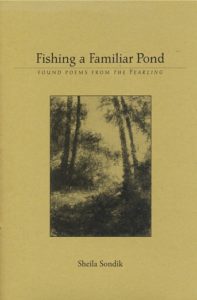 FISHING A FAMILIAR POND: FOUND POEMS FROM THE YEARLING, Sheila Sondik. Egress Studio Press, 5581 Noon Road, Bellingham, WA 98225, 34 pages, $12, paper, https://www.egressstudio.com/.
FISHING A FAMILIAR POND: FOUND POEMS FROM THE YEARLING, Sheila Sondik. Egress Studio Press, 5581 Noon Road, Bellingham, WA 98225, 34 pages, $12, paper, https://www.egressstudio.com/.
What a treat to spend the afternoon with this book. It made me want to read The Yearling again, and it’s a work of art itself–the book, designed by Anita K. Boyle of Egress Studio Press–as well as the poems, which are stunning and spare. This project reminded me of Joanna Thomas‘s work, and made me see new possibilities for playing (in the best sense of the word–like musicians play) with words in my own poetry.
In the Afterword, Sondik describes her process:
My method of composition was very much like that of Tristan Tzara, who wrote his recipe for Dadaist poems in 1920. I literally deconstructed The Yearling. I cut up photocopies of book pages into short phrases , put these strips of words in envelopes, and drew them out of the envelopes at random. I moved the strips around the tabletop until each poem revealed itself.
Some of the poems, like “Penny Baxter,” are closely related to the content of The Yearling, but most of evolved according to their own internal logic. All the words in the poems are contained in the novel.
Again, if I were teaching language arts, I think I’d want to get my students to try this with a book they are reading. It’s truly a different way of seeing the choices made by the original author.
Meanwhile, here’s one poem from this lovely book:
A breeze in canopied limbs
When he awakened in the branch bed,
instead of falling over the edge, he sank.He thought he might still be dreaming.
A shaft of sunlight, warm and thin
like a raccoon, had been that way.Wild-cherry grew halfway up the bank.
He swung himself over the fence.His eyelids fluttered with the starry dripping
of the flutter-mill, the thirsty birds of motion.The bubbling spring would rise forever.


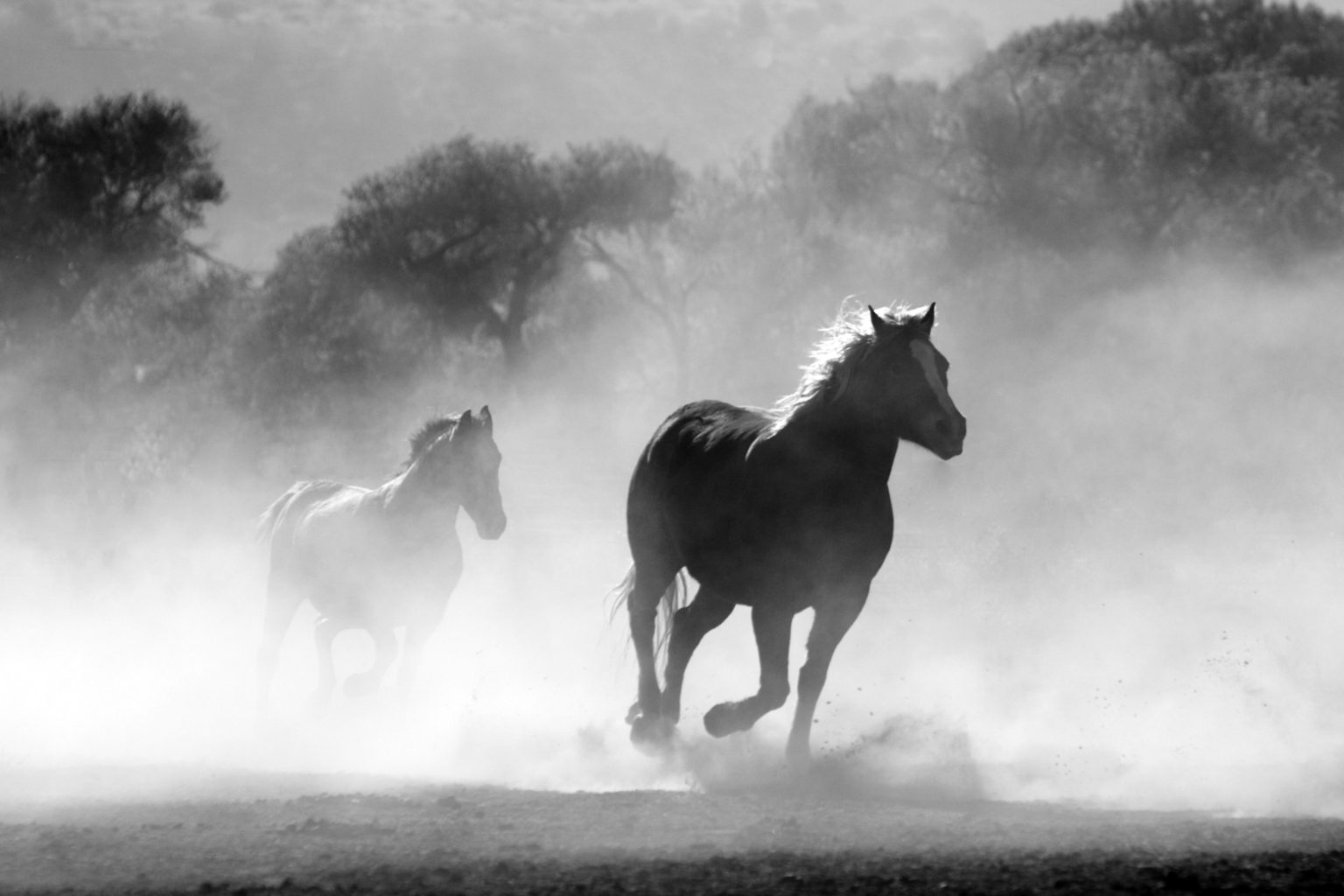
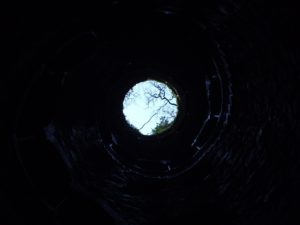
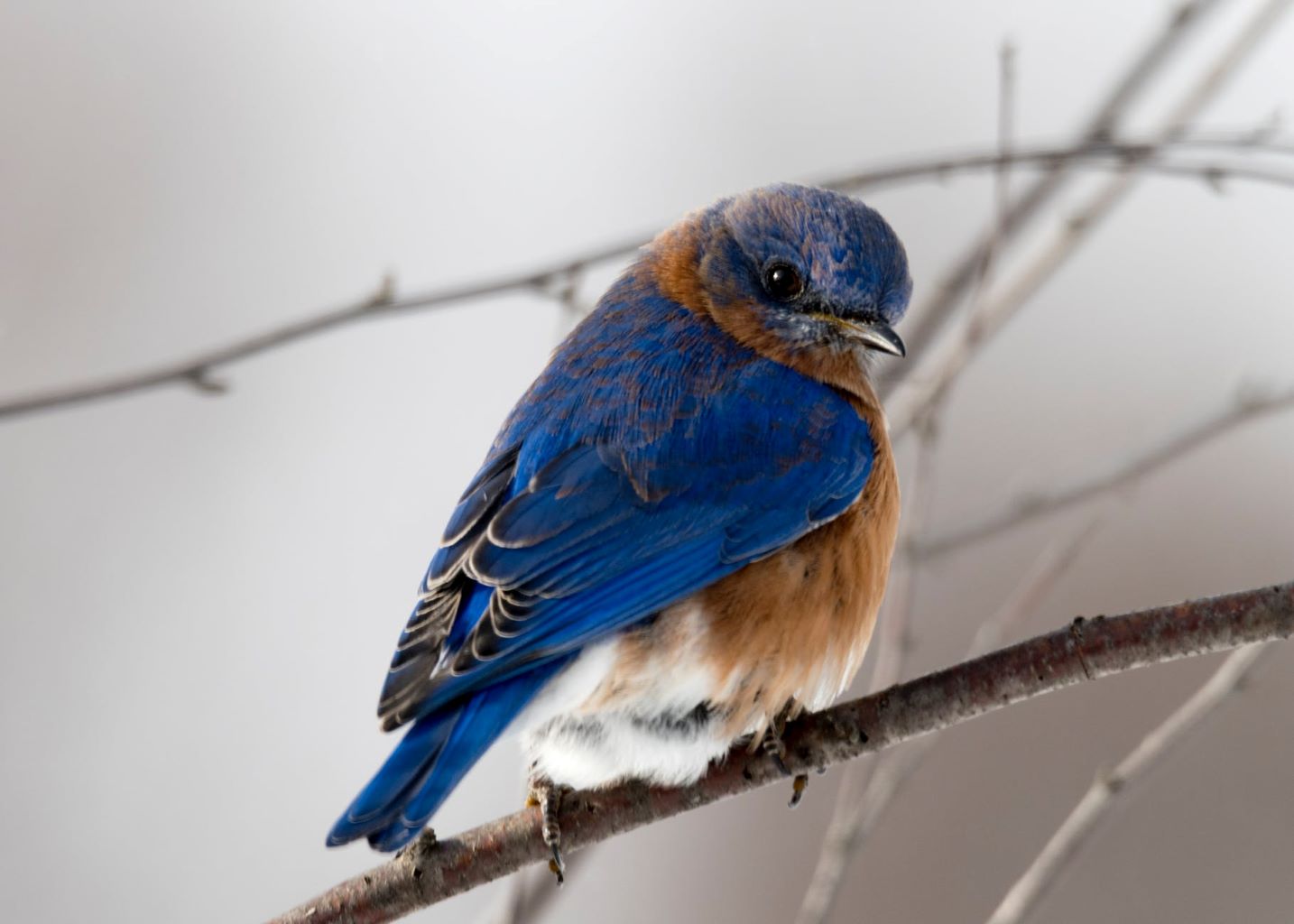
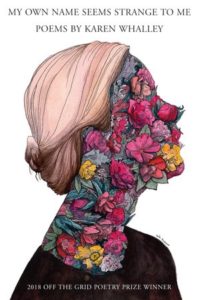 MY OWN NAME SEEMS STRANGE TO ME, Karen Whalley. Off the Grid Press, 2019, 65 pages, $16 paper,
MY OWN NAME SEEMS STRANGE TO ME, Karen Whalley. Off the Grid Press, 2019, 65 pages, $16 paper, 
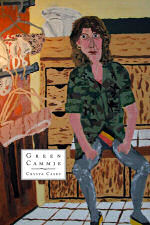 GREEN CAMMIE, Crysta Casey. Floating Bridge Press, 909 NE 43rd St, #205, Seattle, WA 98105, 2010. 47 pages, $12 paper,
GREEN CAMMIE, Crysta Casey. Floating Bridge Press, 909 NE 43rd St, #205, Seattle, WA 98105, 2010. 47 pages, $12 paper,